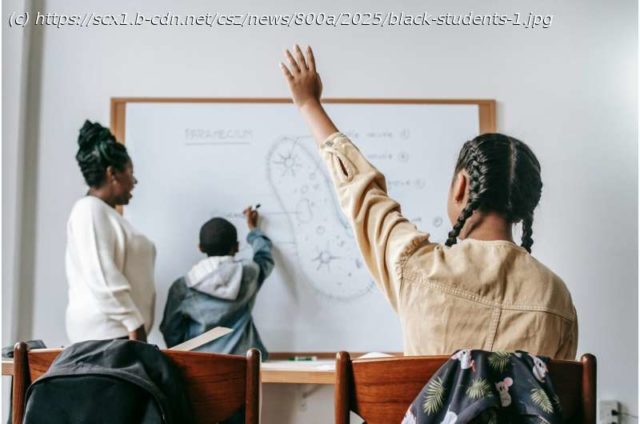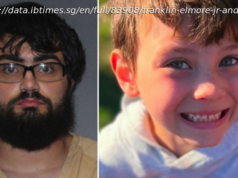Summer is popularly imagined as bringing joy to all young people. Yet it is not an equal break or of the same quality for all students.
Summer is popularly imagined as bringing joy to all young people. Yet it is not an equal break or of the same quality for all students.
Learning loss is the decline in academic skills and knowledge that can occur when students are not engaged in structured learning, especially during extended breaks like summer.
It disproportionately impacts Black and low-income students who face greater systemic disadvantages within the education system.
Black families face challenges in accessing culturally relevant and affirming summer opportunities. As work by education researcher Obianuju Juliet Bushi and others has documented, for many Black families, the question isn’t just “what will my child do this summer?” It’s also “where can my child go to be safe, affirmed and supported?”
Without access to affordable enrichment programs during the summer, many students fall behind in reading and math, further widening the opportunity gap when school resumes in September.
As the manager of research with the charitable, Black-led non-profit organization Youth Association for Academics, Athletics and Character Education (YAAACE) in the Jane-Finch area of Toronto, I share insights about how culturally responsive community programs can address opportunity gaps and how parents in Black families can support their kids’ successful transition back to school.
This article draws on insights from conversations I have had with various YAAACE program participants, parents and educators, as well as the leadership of the organization, including Devon Jones, Dave Mitchell and Nene.
Despite Canada’s reputation for multiculturalism, systemic anti-Black racism remains deeply embedded in the education system, contributing to unequal opportunities for students.
The opportunity gap refers to the unequal access to resources, supports and learning experiences that affect students’ ability to succeed, often based on race, income and geography.
In March 2025, the Ontario Human Rights Commission released the report “Dreams Delayed: Addressing Systemic Anti-Black Racism and Discrimination in Ontario’s Public Education System.”
The findings confirmed that Ontario’s schools are saturated with systemic barriers for Black children and their families. These barriers include: disproportionate discipline; being streamed into non-academic tracks; lack of Black leadership in schools; Eurocentric curriculum; insufficient disaggregated identity-based data collection; and lack of access to culturally affirming environments.
Home
United States
USA — IT Accessible, high-quality summer programs and Black joy support Black children's return to...






